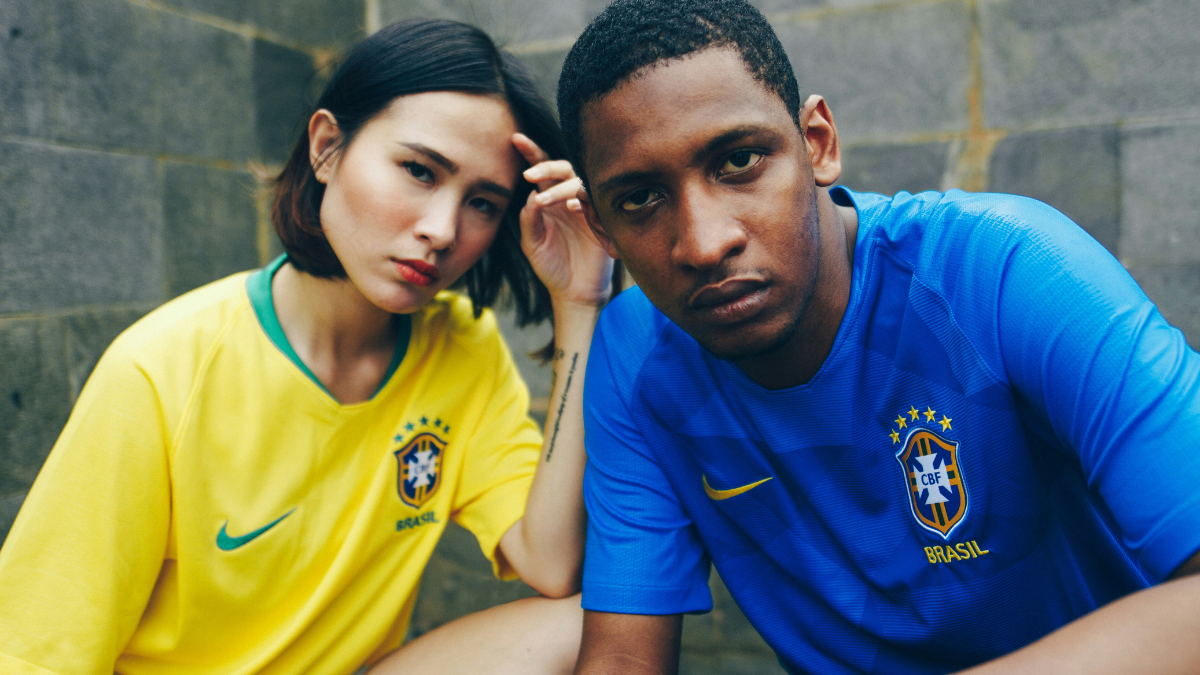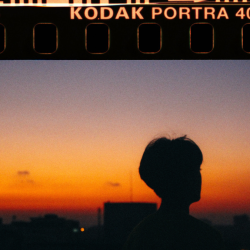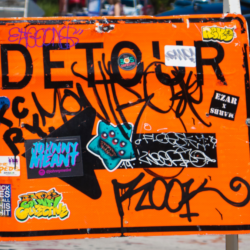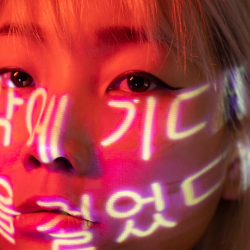Boy, do I remember being a junior.
We love sharing war stories. When I started out, there was a period where I worked seven-day weeks for a month straight, taking a cab home between 3 and 5 am. Another time I spent two entire weeks digging through stock photos, as selection after selection was rejected. Another 24 hours I spent doing 21 versions of a case board, inching and inching forward until my ECD scrapped it all and made me start again.
As a junior, you moan and groan to your slightly-more-senior creatives, and they tell you it’s nothing, that they had to work even harder when they started out. They tell you that juniors are expected to put in these crazy hours, but it’ll get better.
It’s a half-truth.
Because today, if I spent two entire weeks digging through stock photos, I would know I’m doing something fundamentally wrong — it’s not because too much was asked of me. I wouldn’t bother with 21 versions of a case board that was obviously the wrong direction in the first place. As you gain experience, you learn to identify problems early, and redirect. You learn how to emotionally disengage from an idea so that you have enough distance to see it can be changed. Only experience teaches you that.
You learn to hear that if someone asks you to do the impossible, it probably is possible, and you just don’t know how yet
I think it’s the human in us, the friend-to-friend peership, that makes us want to commiserate instead of teach. It’s natural to hear your colleague complain, and speak on their level, saying, “Yeah, it’s the worst!” The truth is that telling a young, promising, confident creative that they’re wrong, sucks. They won’t believe you. They’ll want to know why. You might not have the words. But the other truth is that juniors pay for a lack of experience with overtime and do-overs.
So, here’s where kindness comes in. My brand of kindness is a little hardcore. It requires self-sacrifice, some putting yourself out there, some discomfort so another can thrive. It’ll take a little of your time, but with it, you save a lot of theirs.
Instead of telling juniors they’re working 100 hour weeks because it’s an age-old character-building tradition, teach them the hard lessons yourself. Teach them how you would approach a problem that seems obvious to you, but insurmountable to them.
I remember a week I spent as a junior, buried in versions of a (in retrospect, extremely simple) key visual. Mauricio Sanaiote, our head of art, wanted the key visual to feel “sunnier”, and I was at my wits end trying to “sun-i-fy” a stock indoor portrait of a woman’s face. I was on version infinity, had pushed red and yellow saturations past their limits, and had no idea that I had no clue what I was doing.
Mauricio recognized my struggle, and instead of chiding me for complaining it was impossible, instead of taking the easy route and doing it himself, Mauricio took my seat. He explained his process, and together we made it the sunniest portrait you could ever imagine. He used techniques I didn’t know and took approaches I hadn’t seen. In 20 minutes, he taught me what would have taken me days of trial-and-failure to learn the hard way.
Instead of telling juniors overtime is “just how it is”, let’s re-define the historically toxic work/life balance of fresh grads. They don’t need to be told it’s normal. They need help. Let’s put ourselves out there and use our past 4am nights to get them home by 7. Let’s be the last generation to learn things “the hard way”.
At my current agency, I’ve learned you can build a team upon kindness. I’ve seen how providing ample support gets everyone home at a reasonable time, while the work just gets better and better. Laura Aldington (we’ll miss you!) and her incredible management team have hand-picked talent across the board, seeking kindness before anything else. It’s contagious. Kindness extends beyond our work. Everyone becomes generous with themselves, and not only does it show in the work, but together, we get the same shit done in half the time.
Featured image: Dimitar Dimitrov / Unsplash
































